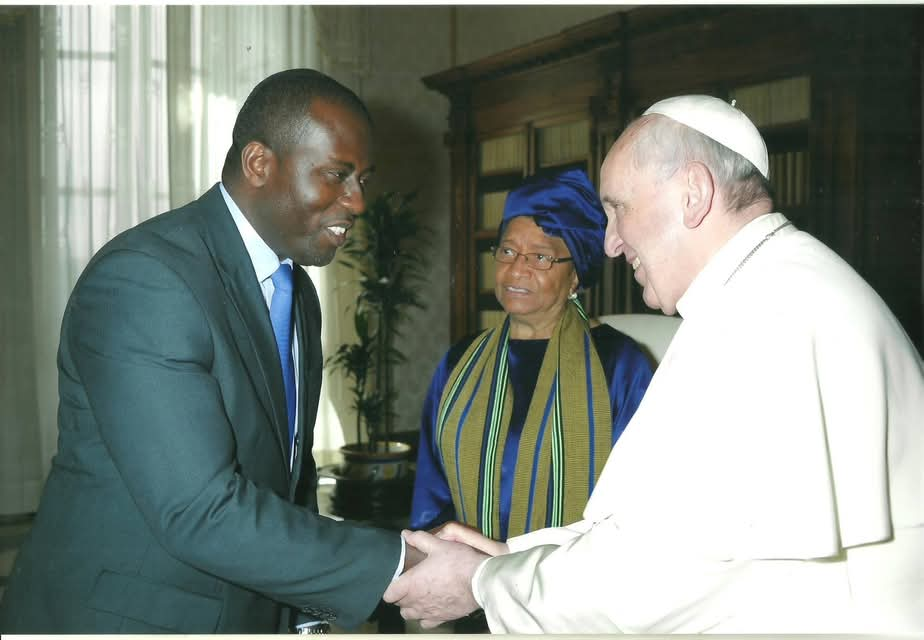The world mourns the passing of Pope Francis, a figure whose impact transcended the Catholic Church to touch the global community. His papacy was a transformative chapter, marked by his profound humility, unwavering compassion, and tireless advocacy for the marginalized. He redefined leadership, prioritizing service over ceremony and embodying the essence of Christian values through tangible action. His legacy rests not just on theological pronouncements, but on his active presence amongst the suffering, reminding us that faith is measured by our commitment to those in need.
The author’s personal encounter with Pope Francis in 2014 underscores his humility. A simple gesture, the Pope’s refusal to allow the author to bow, spoke volumes about his belief in the equality of all before God. This rejection of formality and embrace of human connection became a hallmark of his papacy, demonstrating his commitment to bridging divides and embracing the shared humanity of all. This anecdote exemplifies the core of Pope Francis’s character and his approach to leadership, emphasizing human connection over hierarchical structures.
Pope Francis’s ministry extended beyond the Vatican walls, reaching the peripheries of society. From the slums of his native Buenos Aires to refugee camps and warzones, he sought out the forgotten and brought the message of Christ to those often overlooked. His actions redefined the role of the Pope, transforming it from a position of distant authority to one of active engagement with the world’s suffering. He demonstrated that true faith lies in action, in serving the vulnerable and advocating for justice. His presence in these spaces of hardship amplified the voices of the voiceless, offering them dignity and recognition.
His legacy is cemented in his tireless pursuit of social justice, his fervent appeals for environmental stewardship, and his reimagining of the Church as a “field hospital” for the wounded. He challenged conventional notions of power and authority, choosing instead to meet people where they are, offering solace and support. His advocacy for the environment stemmed from his deep understanding of interconnectedness, viewing the planet as a shared home requiring collective responsibility. He urged action not merely as a matter of policy, but as a moral imperative.
Pope Francis resonated with people of all faiths and backgrounds. His message of mercy, compassion, and love in the face of injustice touched hearts and inspired action. He became a moral compass in a world often fractured by division and conflict, reminding us of our shared humanity and the importance of empathy. He championed dialogue and understanding, emphasizing the need for bridge-building rather than wall-building. His moral authority stemmed not from his position but from the authenticity of his actions and the clarity of his message.
His loss leaves a void in the global community, the absence of a voice that consistently championed the vulnerable and challenged the powerful. His memory serves as a call to action, urging us to continue his work of building a more just and compassionate world. His legacy is not merely a historical footnote, but a living challenge to embrace humility, practice mercy, and relentlessly pursue justice. His life and teachings offer a roadmap for a more humane future, one built on empathy, service, and a unwavering commitment to the dignity of every human being. The challenge now is to embody his teachings and carry forth his legacy of love and compassion.


